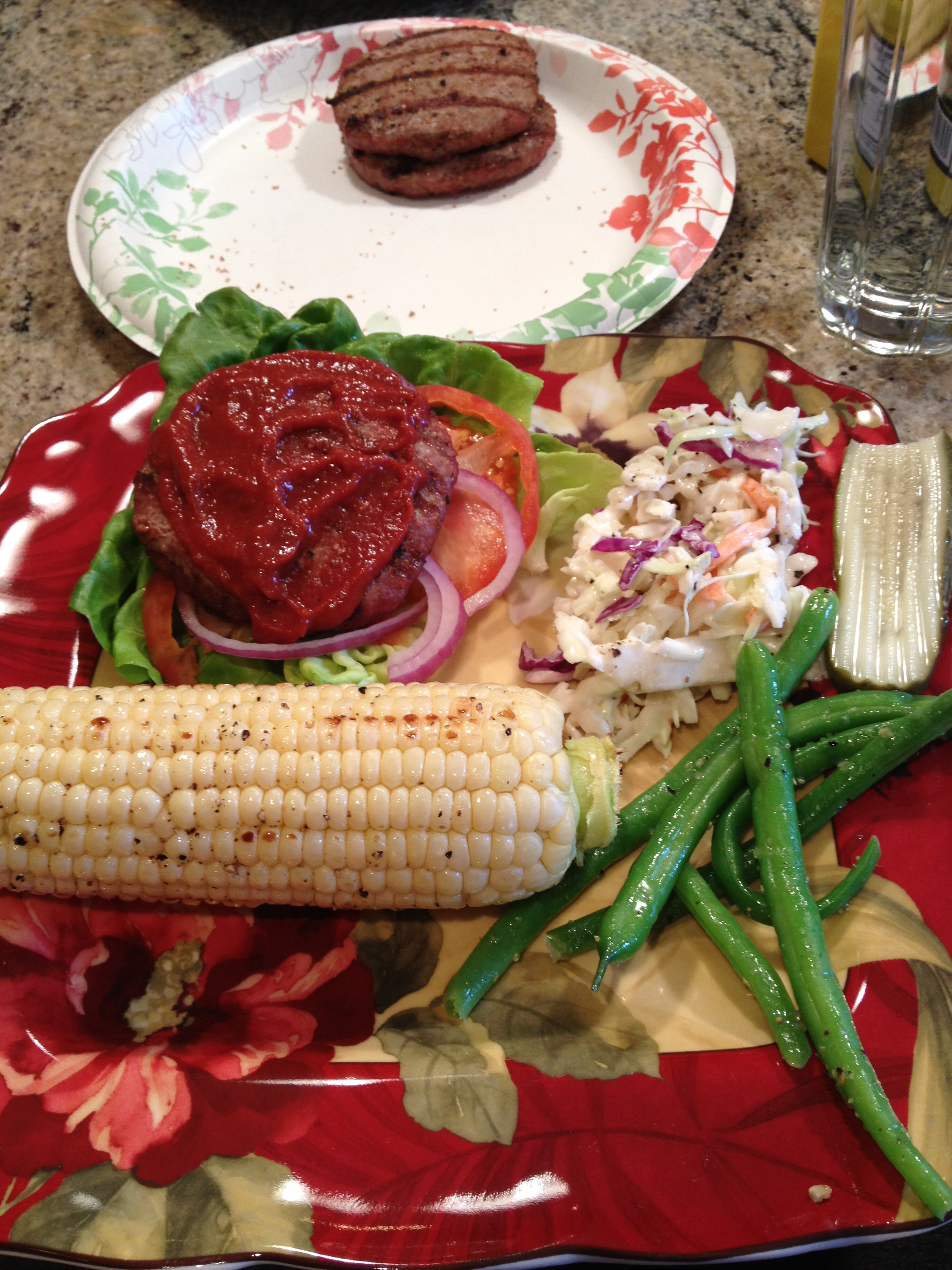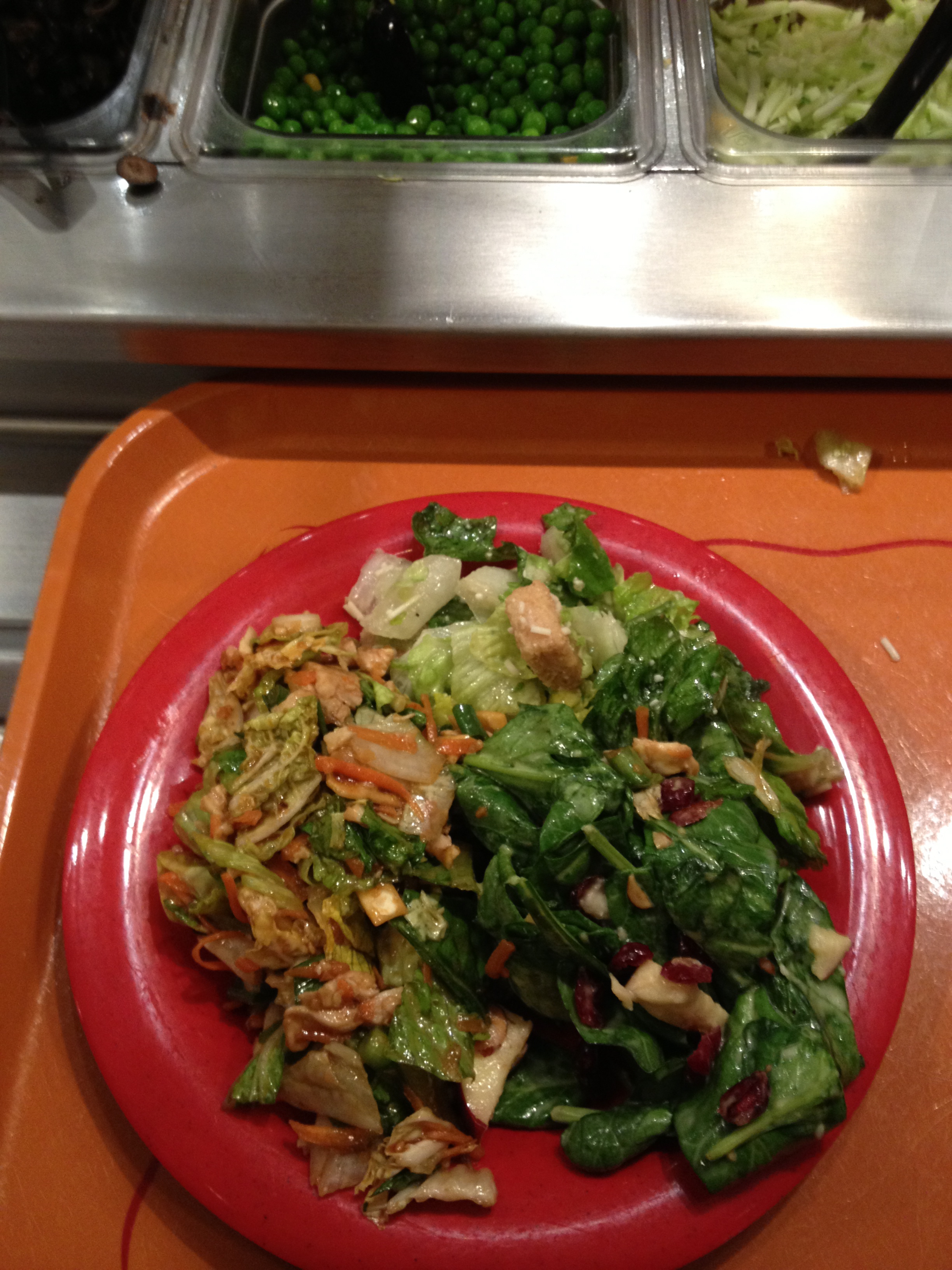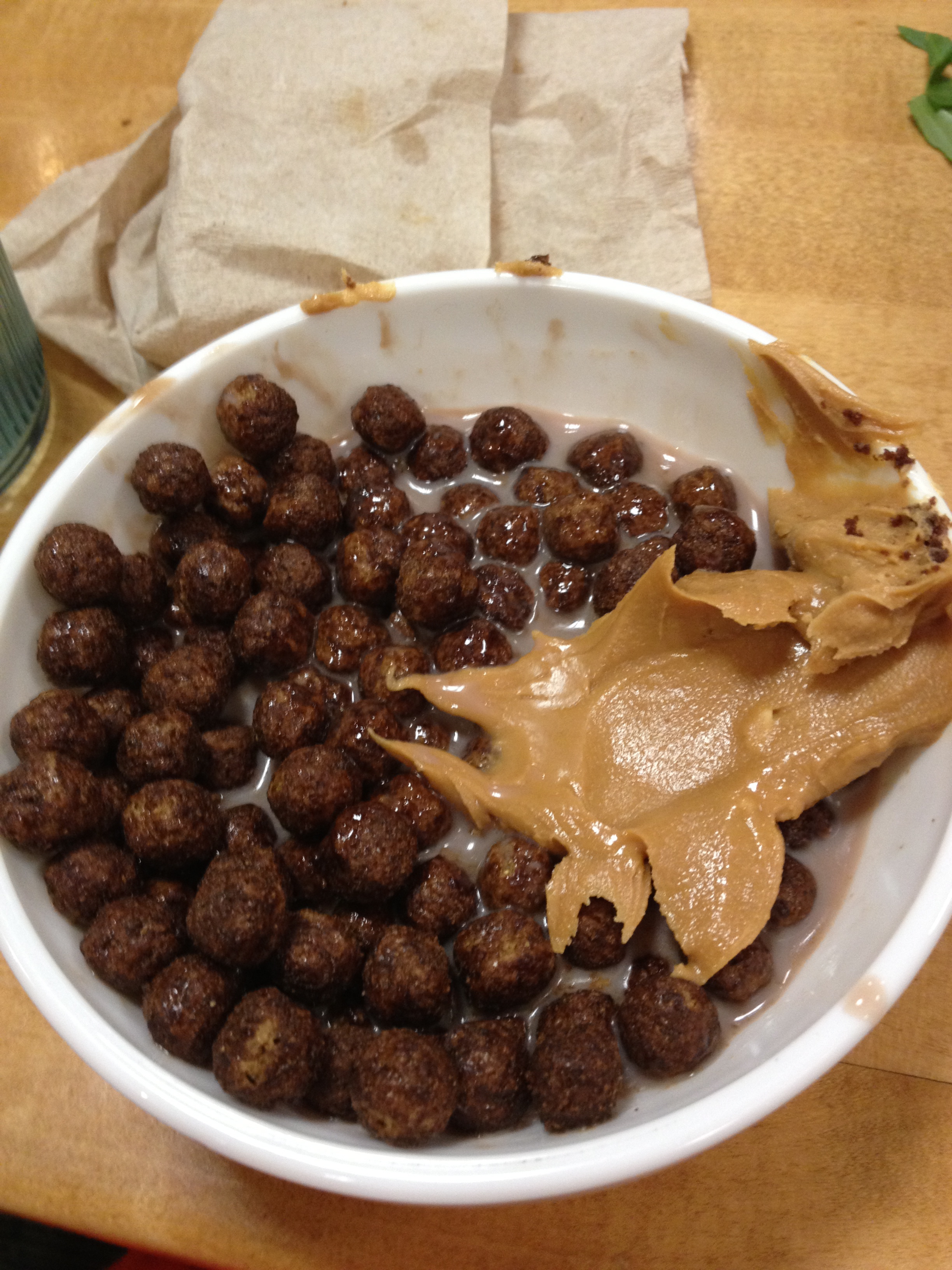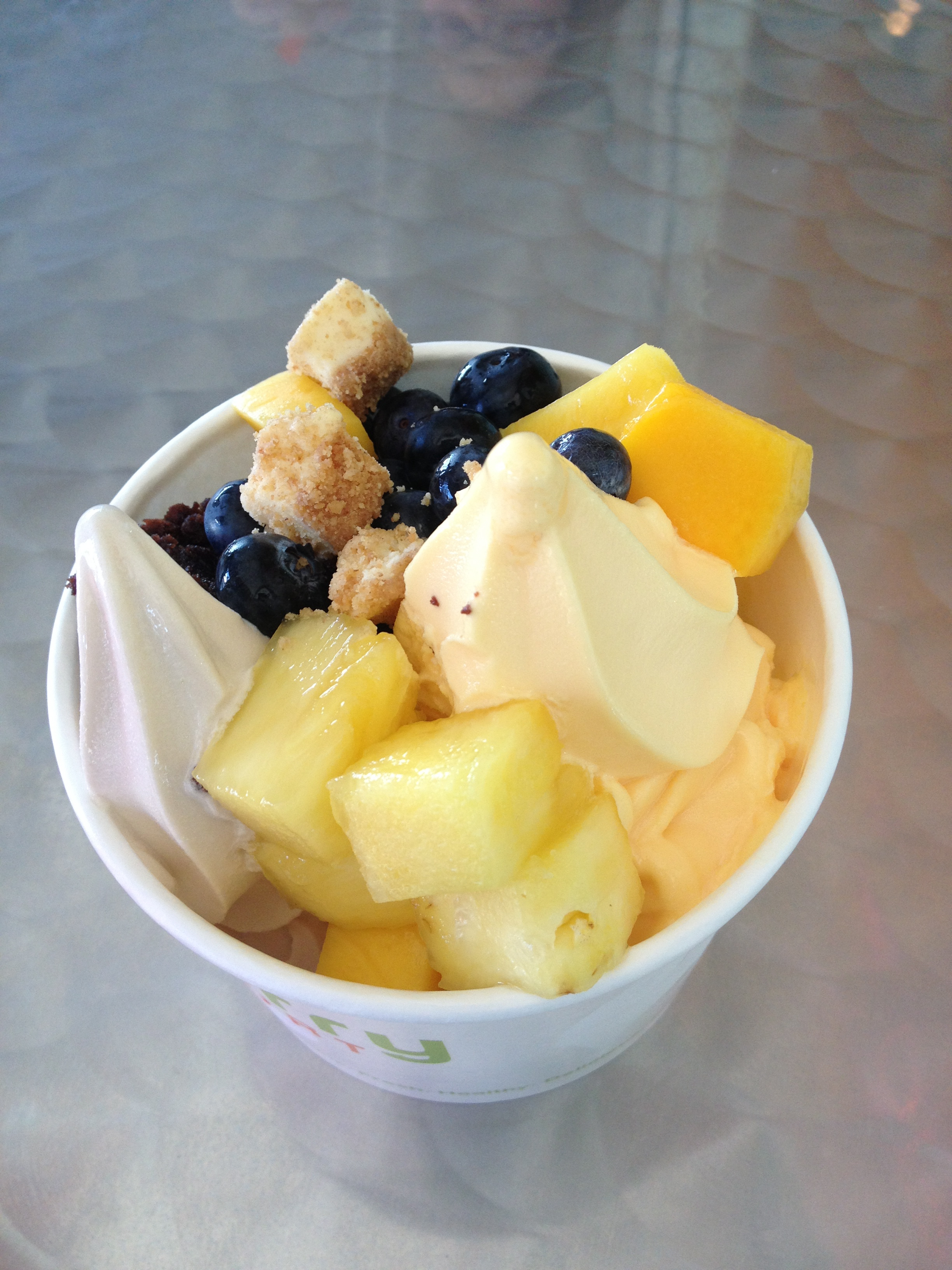Hi, guys! My name is Rina and I’m guest posting for Aurora while she’s on vacation.

Like Aurora, I’m a college student in the Bay Area, juggling fitness with school, food, and friends. And you’d better believe me when I say that leading a balanced life is especially hard in the Bay Area. I’m studying my butt off at night. I usually squeeze in a workout between classes and dinner, and then hit the books for a couple of hours before zonking out. Plans occasionally get waylaid by finals and papers. Okay, they do get waylaid.
In terms of academics, I’m like any other college student trying to balance school and fitness simultaneously. I use time as efficiently as possible, and am usually flying back and forth between classes and workouts. But unlike most other fellow healthy living bloggers, I am Asian. Chinese. Cantonese, to be specific.
Now, you might ask why being Asian affects healthy living. Race shouldn’t matter in terms of healthy living—anyone can eat well and exercise. However, that’s not true. Race affects healthy living greatly, not only in terms of the usual demographics—poverty, geographical location, et cetera. If you are a racial minority, such as Indian, Native American, or Korean, most likely you were raised with strong cultural values that conflict with healthy living. I personally am always caught between ethnic cultural expectations and my desired lifestyle.

For example, I always had trouble with food because I’m expected to attend family feasts. When I talk about feasts, I’m talking fifteen-course dinners, plates piled high. Steamed fish. Roast duck. Salt-and-pepper crab. To refuse food would be rude, especially in front of relatives. If you do anything out of the norm, people start looking at you askance, so you taste a little of everything and hope that this sort of eating doesn’t make you gain a couple pounds overnight. Even worse, in my case, Chinese feasts usually serve vegetables in the middle or end of the meal, when I’m stuffed full of less healthy food. How, pray tell, am I supposed to eat healthily when the structure of a Chinese feast, and peer pressure, prevent me from doing so? I’ve managed to keep the weight off, mainly by eating healthily 90% of the time and exercising six days a week. I have a feeling that if I didn’t, the number on the scale would go up a lot.
Another problem is that Chinese culture doesn’t emphasize exercise. My mother, for example, was raised like a thoroughbred to earn good grades. Her parents never encouraged her to go outside and play, or pick up a sport. My father’s parents were much the same. I myself am expected to earn good grades, and for a long time I felt that working out cut into my studying time. It took me a while to realize that although working out might take up an hour or two from my day, it’s time well spent. Now that China is becoming Westernized, I think people are picking up the habit of exercising. Still, too often I see my cousins pale from hitting the books all day.
Lastly, Chinese women—Asian women in general, really—face a particular problem: they’re expected to be soft, pale, and willowy. They’re supposed to be weak. I know American women face enormous pressure to be slim too, but Chinese women are especially expected to be slim, without muscle tone, because of cultural stereotypes. Think about it: when you think of an Asian woman, do you think of her as short and stocky, with strong legs and toned biceps? (A few of my cousins and I are that way.) No! You think of the typical China doll figure: petite, slender, and languidly graceful. I’ve been raised to think that an Asian woman is beautiful only with lithe and slender arms, stick-straight figure with small, perky breasts. This ideal is unattainable unless you are blessed with a small frame, high metabolism, a small appetite, or don’t exercise. Most of us lack one of those necessary components.
Don’t get me wrong. There’s nothing wrong with being naturally slim and having a high metabolism, but limiting food intake and not exercising are the antitheses of healthy living. For years I unconsciously compared myself to this ideal, which discouraged me from exercising and leading a generally healthy lifestyle, until I stopped comparing myself. Once I figured out that I could never change my body type and that I should love my muscular legs, I began exercising and eating well.

This is just my two cents on how culture impacts healthy living, and how I’ve dealt with my culture. I haven’t begun to talk about the variances between different cultures or how ethnic minority men are affected. So I’ll turn the questions to you. Talk amongst yourselves, people. I love to stir up a good debate.
Are you a racial minority? How has your culture (ethnic minority or not) affected or not affected your strivings toward a healthy lifestyle? How do you cope with cultural expectations?
Thanks for reading this post! I know this is a drastic change of topic, but I hope this post was insightful and generates meaningful discussion. Let me hear your thoughts!








